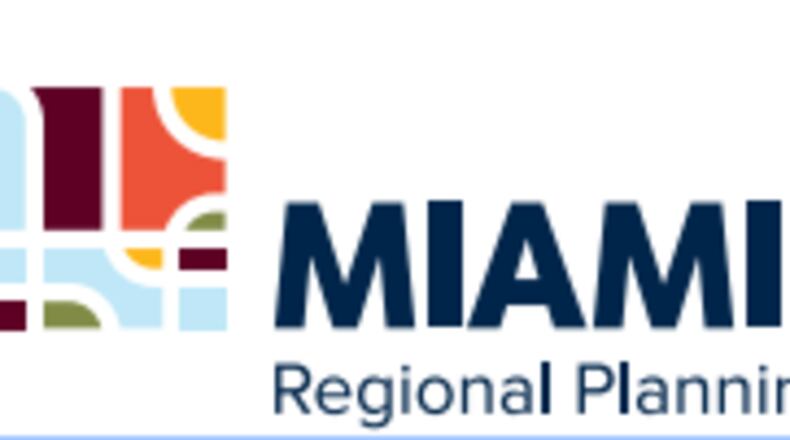The program will train community and non-profit leaders to identify and address environmental challenges in their neighborhoods. Slated to begin later this year, the program consists of nine months of courses and projects. MVRPC Executive Director Brian Martin said the academy will hopefully enroll between 20 and 25 students in its first class.
This is only the latest step taken by the MVRPC to advance equity in the region, Martin said.
“My hope is that our community nonprofits will send students so that they learn what it takes to develop projects, project management skills, identifying funding grants,” he said. “We really want to develop some skillsets to help our region move along.”
Martin pointed to the news Hope Center for Families being built in Northwest Dayton by Omega Baptist Church as an example of the kind of neighborhood redevelopment projects graduates might work on.
Environmental justice is the fair treatment and involvement of all people in the development and implementation of environmental policies, according to the EPA website.
“(Environmental justice is) geared toward making sure that disadvantaged communities — that could be Native American, that could be African American, that could be any group that has been historically disadvantaged — bear no additional harm than the general public (from) any infrastructure project that might be developed,” Martin said.
In a press release, Cheryl Newton, acting Region 5 administrator for the EPA said, “one of EPA’s highest priorities is working with overburdened communities to address environmental injustice. This partnership with MVRPC is a great opportunity for us to join Dayton-area community leaders in this effort.”
About the Author

